A Guide to Creating Your Ultimate Smart Home
Smart home automation is a buzzword these days, but its fantastic benefits have historically been an overly expensive luxury reserved for the wealthy. Fortunately, that is no longer the case. With many opinions and options available, you might find yourself confused about what to do and what to avoid.
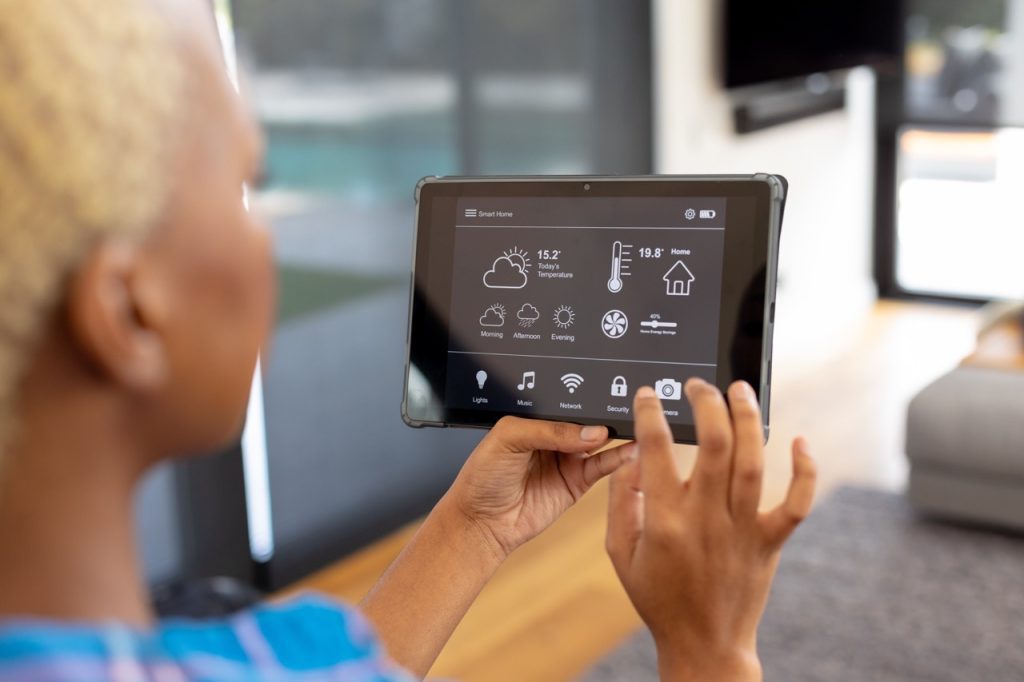
Benefits
Energy Savings
Have you ever left home and wondered if you turned everything off? Do you have teenagers who leave everything from lights to hair straighteners on? We all forget to turn things off, which can be costly now that energy prices are at an all-time high. Automation allows you to programme your home so that you don’t need to keep a constant watch, as everything can be set to turn off after a preset amount of time. Lights can be programmed to dim to a set percentage at predetermined times, and heating and cooling can be programmed and zoned according to where you will be in the house at specific times. Programming and scheduling eliminate waste and ensure that energy is used only where and when it is needed.
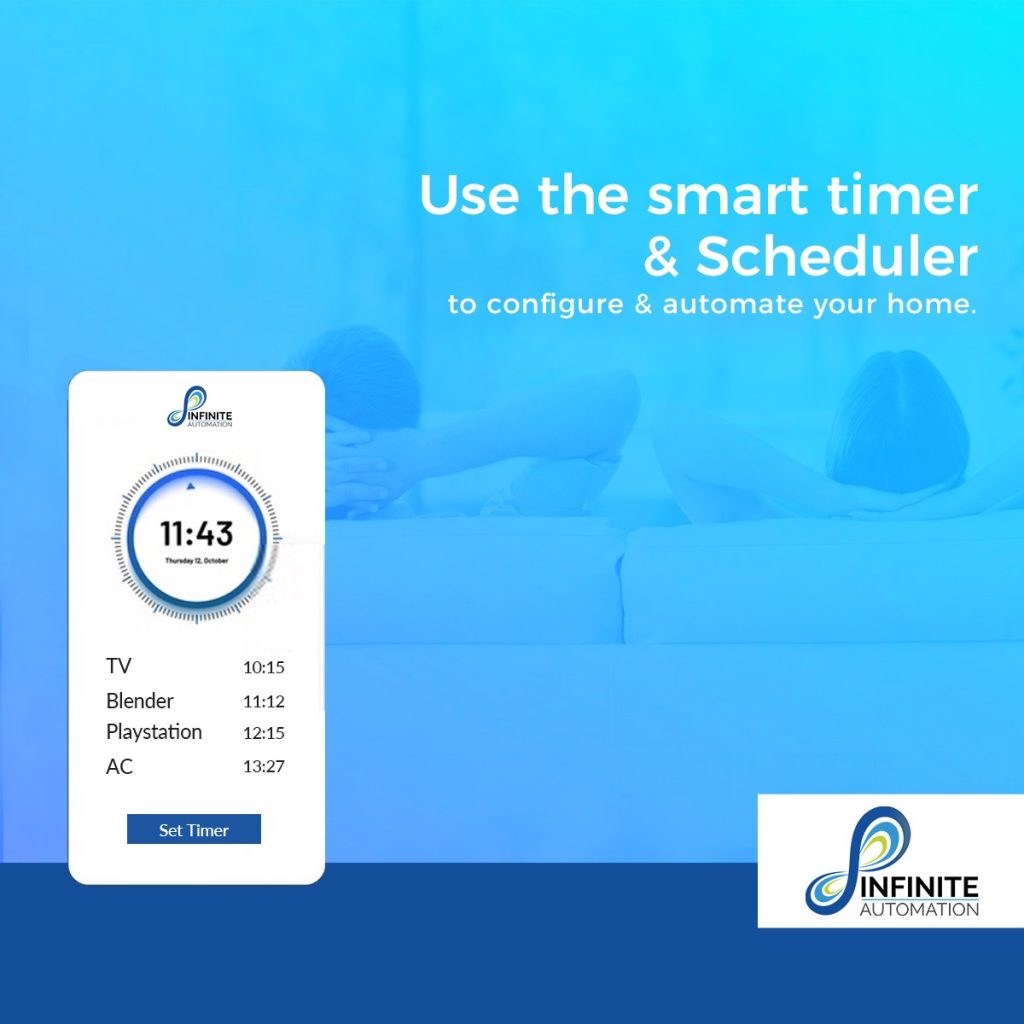
Convenience and Automated Comfort
Do you want to come home to a warm house in winter without leaving the heating on all day, or avoid coming home to a hot house in summer? Are you away on holiday and want to give the impression that someone is home? Automation allows you to schedule or remotely operate lights, blinds, televisions, etc., to be on at predetermined times. You can open your garage door as you enter your driveway and have your lights come on to welcome you home, or simply give a verbal command (“I’m going out now”) to lock the doors, set the alarm, and open the gate. Imagine a home that instinctively adjusts its lighting and temperature to perfection at any time of day or night.
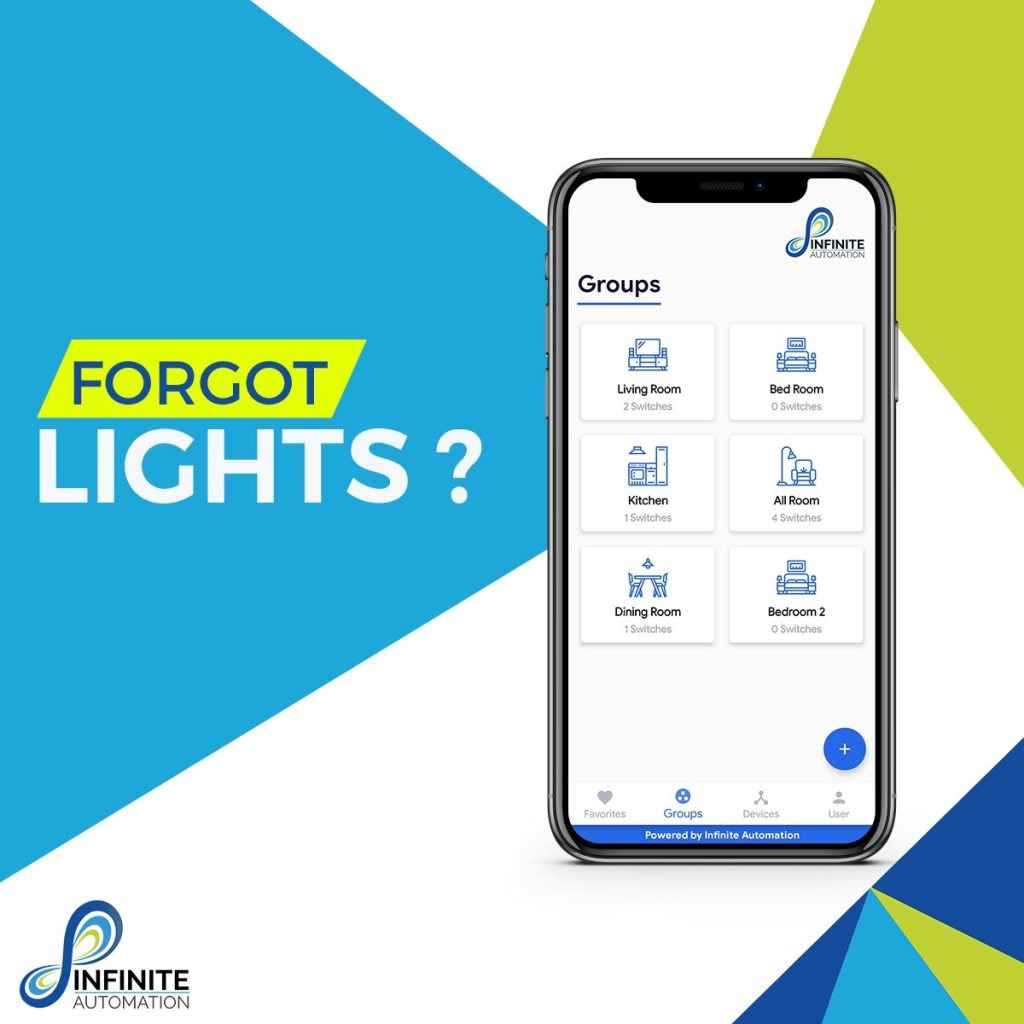
Healthy Home
Automation can be paired with air quality measurement devices to detect high or dangerous levels of carbon monoxide or other gases and provide alerts. Windows can be scheduled to open or be coordinated with outside temperatures and conditions or opened and closed remotely to create a fresh airflow throughout the home. Elderly or infirm occupants can see who is at the front door and open it without leaving their position—ideal for multi-storey homes.
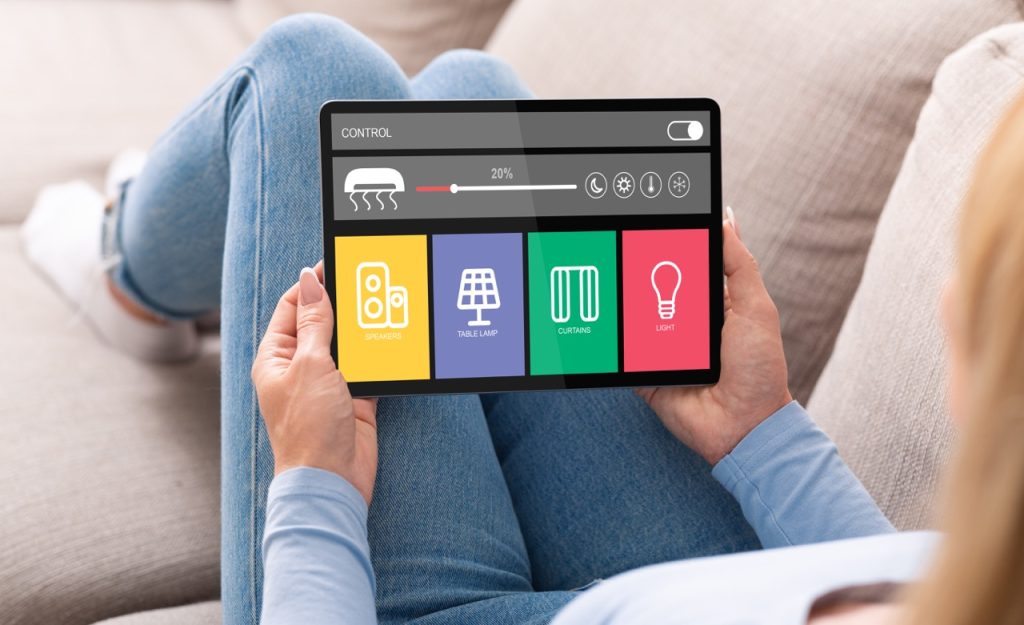
Evolution of Smart Home Technology
Home automation was once considered a luxury and generally only accessible to those few households who could afford the high costs of premium systems. These systems were usually hardwired and relied on expensive programmed software logic, often requiring a software engineer for even minor changes or additions. Many of these systems are now outdated and may not justify the original expense.
Over time, several low-end DIY options appeared on the market. While some tech-savvy individuals installed these for personal use, they often lacked integration capabilities and were rarely value for money. Cheap, foreign-made products can be dangerous and may not meet Australia’s high electrical safety standards.
Intelligent design can make a system more reliable and affordable without requiring additional wiring, tablets, panels, or expensive computerised software logic. Intelligent devices replace the need for hard wiring, with your existing smartphone or tablet and Wi-Fi serving as the drivers.
Ultimately, it comes down to personal preference and budget.
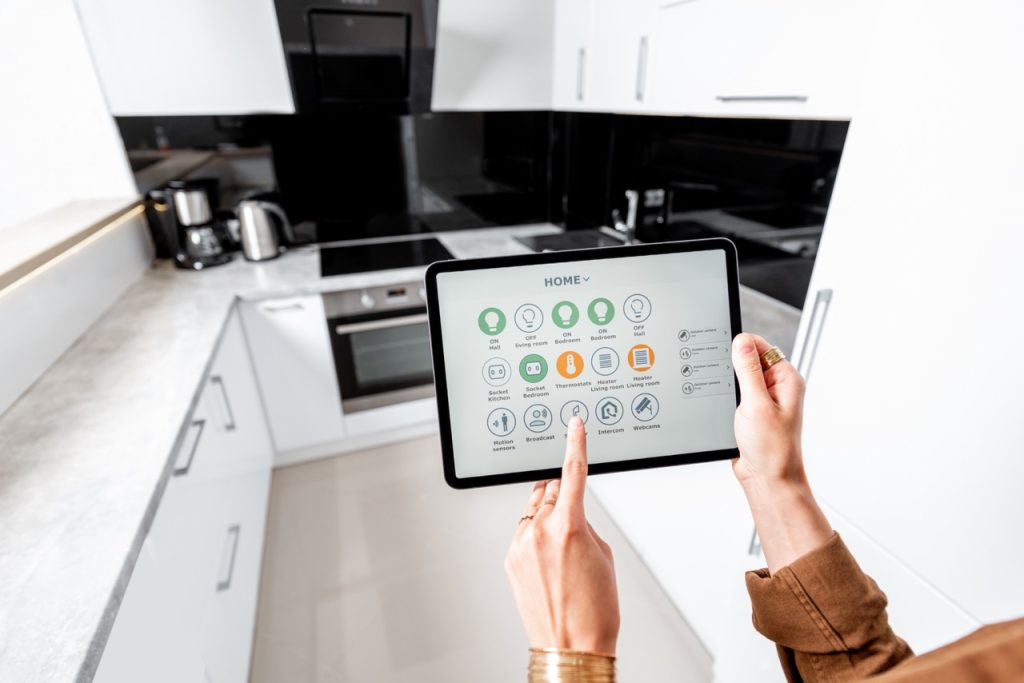
Cost Considerations
- Setup Costs: How expensive is it to design and install the system?
- Ongoing Costs: What are the maintenance costs? Is there a subscription fee?
- Additions and Changes: What costs are involved in adding or removing features?
Reliability Considerations
- Performance Over Time: What warranty is offered? Is the system maintenance-free?
- System Flexibility: How easy is it to remove the system? Will you need to rewire?
- Latency: How responsive is the system? Is it fast? Is it dependent on the internet?
Security and Dependency Concerns
There are thousands of IoT products on the market. Should you trust them? The choice between professional systems and IoT products is a significant consideration in the smart home industry.
- Professional Systems: Does a professional system mean using everything from one app? Does it have to be expensive? Where are the items manufactured? Are they made to a particular standard? Do you trust the manufacturer? Are you dependent on a third party for ongoing management? Are you dependent on the installer or programmer, and if so, how are you protected against their business closure or bankruptcy? Looking at the application, do you feel that you and your family will be able to use it easily every day?
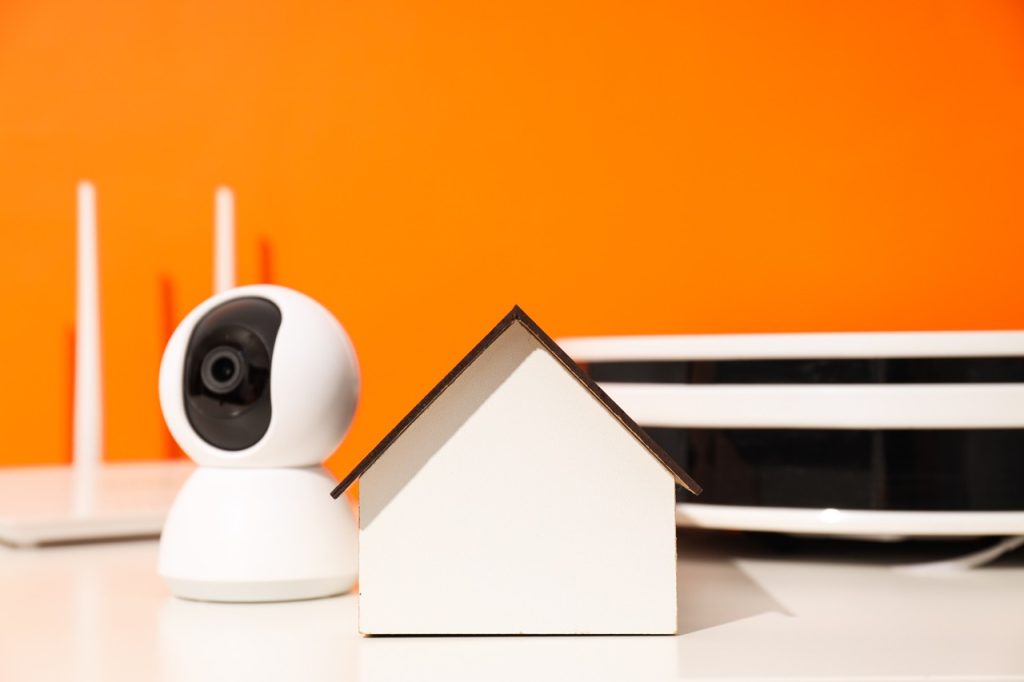
Automate Your Home
Smart home automation offers many benefits and, in the long run, should save you money. Consider your own home and what could be improved through automation. What tedious tasks would you like to eliminate, such as getting out of the car to open and close gates or having lights come on precisely when you need them?
There are many options available, so do your homework. Use this guide as a template for the questions you should ask any smart home company provider.
To answer these questions, we have experts, designers, and manufacturers at the Melbourne Home Show, Infinite Automation.
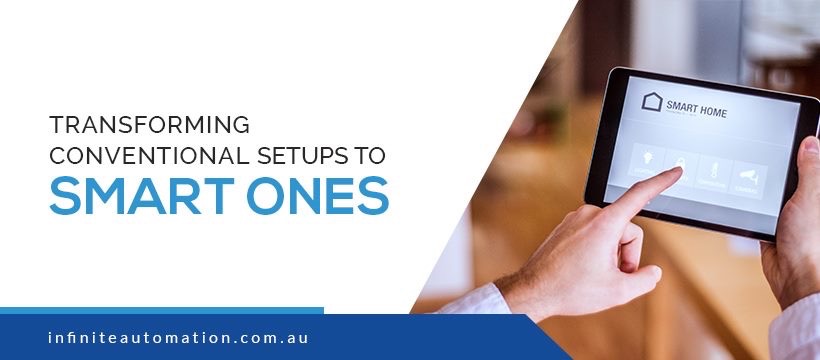
Infinite Automation
Infinite Automation is a Melbourne-based company that designs and builds automation systems and devices for domestic, commercial, and industrial applications. All products are designed and made in Australia to Australian Electrical Safety Standards and certified to the RCM standard, offering premium quality at an affordable price. They are built to a standard—not to a price.
Infinite Automation’s products are simple to use, and their proprietary app provides an easy-to-follow tour to teach any user how to become a master programmer and scheduler. Their ethos focuses on playing a “long game,” with customer satisfaction at the heart of their approach. Their mantra is Simple, Reliable, and Affordable.
Being a retrofit, non-hard-wired system, it not only saves on costs for customers but also allows for easy, unobtrusive installation. Their approach also significantly reduces the use of valuable resources like copper, steel, aluminium, glass, and plastic.
Enhance Your Everyday Living
Setting up a smart home involves considering various lifestyle benefits and conveniences, indoor health improvements, and cost implications. By evaluating setup, ongoing, and additional costs, you can make an informed decision that adds greater value to your home and enhances your everyday life. Reliability, security, dependency, and intuitiveness are critical factors that will ensure your smart home system is a worthwhile investment for years to come.
